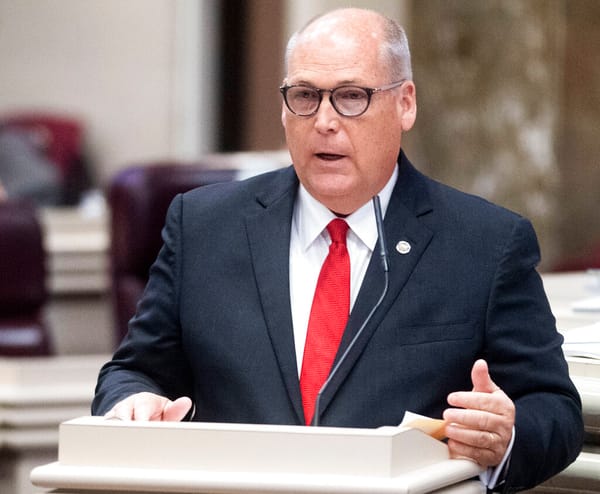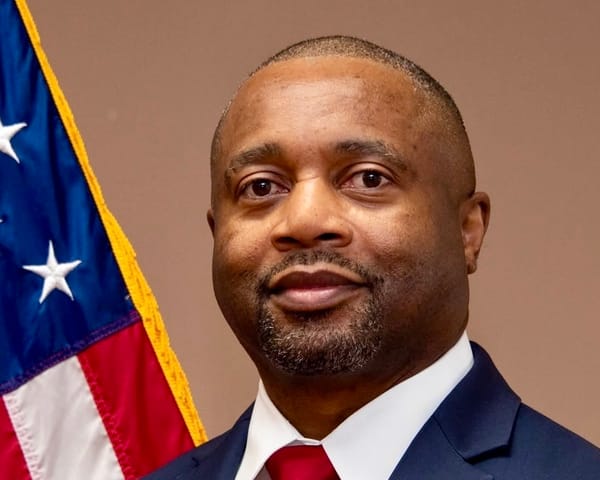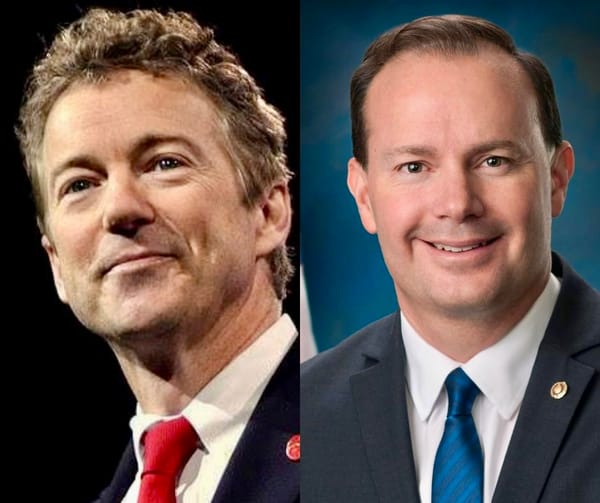Trump Moves to Label Antifa a “Major Terrorist Organization,” Seeks Investigation into Its Funding
Many questions remain unanswered, but “follow the money” may be most effective tactic

President Donald J. Trump has announced his intention to designate Antifa as a “major terrorist organization,” and urged investigations into those who finance the movement.
Trump made the statement early Thursday while on a state visit to the United Kingdom. The President posted on Truth Social:
“I am pleased to inform our many U.S.A. Patriots that I am designating ANTIFA, A SICK, DANGEROUS, RADICAL LEFT DISASTER, AS A MAJOR TERRORIST ORGANIZATION. I will also be strongly recommending that those funding ANTIFA be thoroughly investigated in accordance with the highest legal standards and practices. Thank you for your attention to this matter!”
Antifa — short for anti-fascists — is not a single, centralized group. It is often presented in the mainstream media as a loose collection of individuals or small groups that oppose fascism, neo-Nazism, or white supremacy, often through activism and at times confrontational protest.
Many were quick to applaude the decision. “Antifa’s violent history has been well documented and has long demanded attention and accountability,” Brianna Lyman wrote in The Federalist.
Republican Senator Bill Cassidy of Louisiana praised Trump’s move, saying:
“Antifa seized upon a movement of legitimate grievances to promote violence and anarchy, working against justice for all. The President is right to recognize the destructive role of Antifa by designating them domestic terrorists.”
At press time, neither Sen. Tommy Tuberville nor Katie Britt had responded to the President’s post on social media. It is likely they will do so soon.
Legal experts have pointed out that the U.S. law currently lacks a mechanism to officially designate domestic movements or ideologies as terrorist organizations in the same way that foreign groups can be listed under the State Department’s “Foreign Terrorist Organizations” program. The First Amendment also presents protections for free speech, association, and protest that complicate any effort to apply such a label.
The announcement follows the assassination of conservative activist Charlie Kirk. Though federal authorities have not established a connection between the accused shooter, Tyler Robinson, and Antifa or any other external organization, Trump and some in his administration have linked the crime to left-wing political rhetoric.
Meanwhile, those cautious of the decision argue that such a designation may be symbolic without real legal force, and could raise constitutional concerns regarding civil liberties.
From an Originalist perspective, a label that targets an ideology or a loose movement risks chilling protected speech and lawful protest. An Originalist would insist the state punish conduct — violence, conspiracy, material support for crimes — not ideas. This flows from the Supreme Court’s rule that speech can be punished only when it’s directed to inciting imminent lawless action and likely to produce such action. That is the Brandenburg test the Court adopted in 1969. Any effort to criminalize or ban a political movement must square with those principles.
As of this writing, important details remain unclear. It is not known precisely how or when the designation will be formalized, what specific criteria will be used, or how American law will accommodate the change. Trump said he would proceed if there was support from the Attorney General, Pam Bondi, and others in his Cabinet.
Enforcement, legal definitions, and outcomes are open questions. The structureless nature of Antifa — lacking official leadership, membership rolls, or hierarchy — makes it difficult to apply laws designed for groups with clear organizational forms. However, tracing the funding of these groups—“follow the money”—may be the most effective way to reduce the harm they cause without impinging on the First Amendment.




